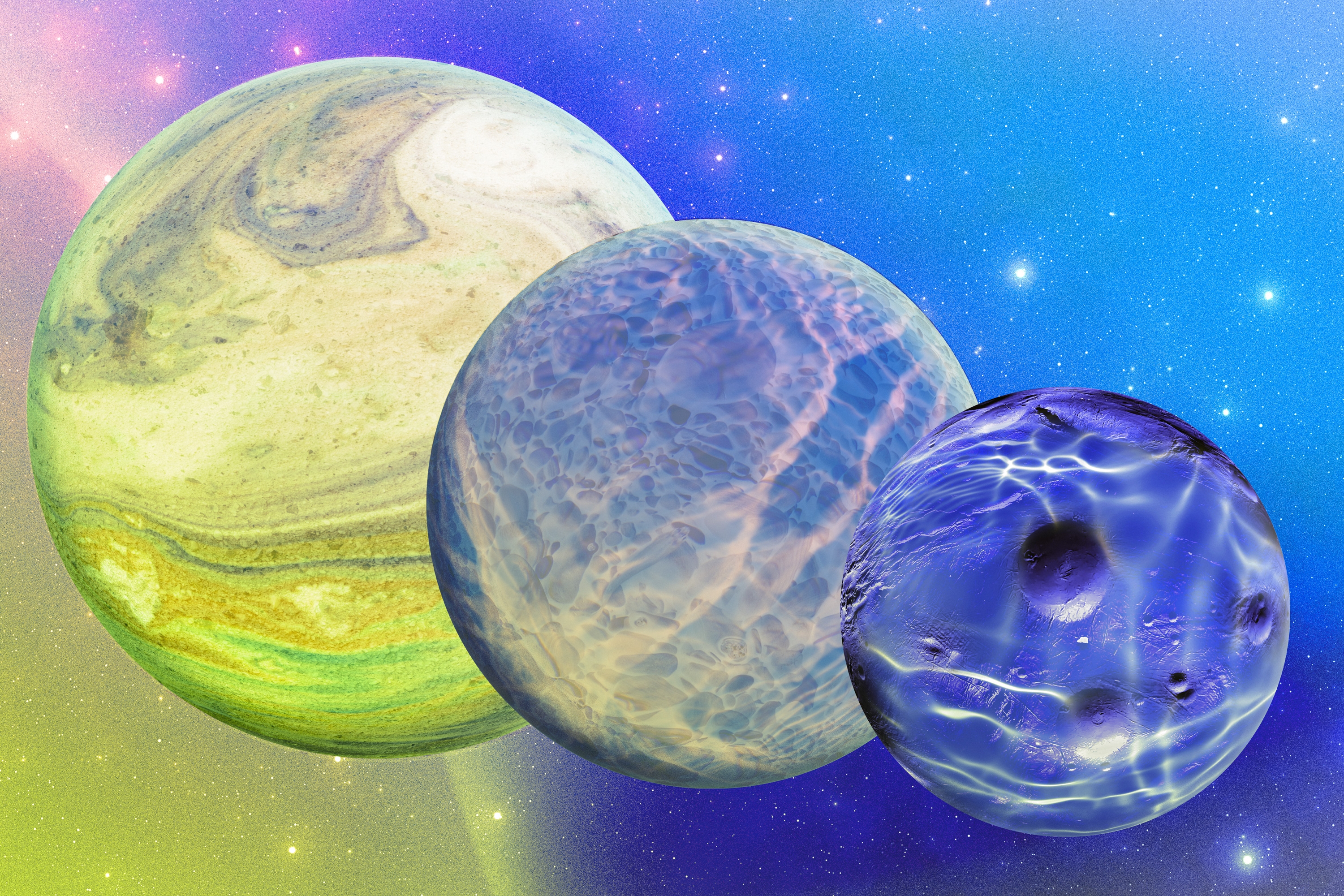New research from MIT scientists suggests that planets without water could still generate unique liquids that might support life. This breakthrough study challenges the longstanding belief that water is essential for life to develop. Instead, researchers discovered that ionic liquids—substances formed from the combination of specific chemicals—could form on rocky planets and moons and potentially create habitable environments.

What Are Ionic Liquids?
Ionic liquids are salts that remain in a liquid state at room temperature. Scientists performed laboratory experiments and found that the necessary chemical ingredients for these liquids likely exist on the surfaces of many rocky worlds beyond Earth. The study’s results open exciting new avenues for astrobiology, as they suggest life could evolve in environments previously thought inhospitable.
Implications for the Search for Life
This discovery means astronomers may need to broaden their search for life. Rather than focusing solely on planets with water, they can now consider worlds with potential for forming ionic liquids. This could significantly expand the number of planets and moons where life might exist.
Sources:
MIT News: Planets without water could still produce certain liquids